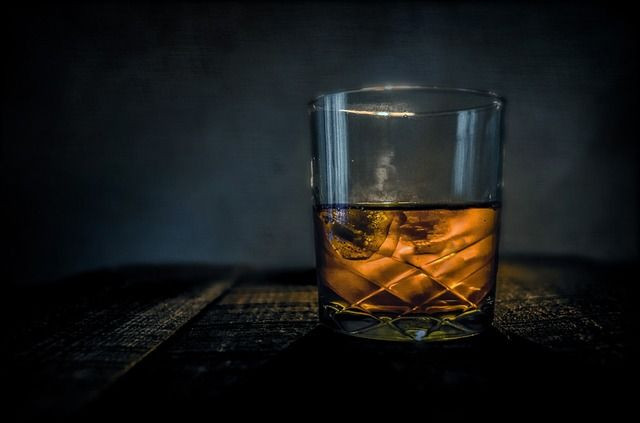Drinking Too Much Alcohol? Here's What Happens When Heavy Drinkers Blackout

If you drink alcohol, it’s possible that at some point in your life you’ve blacked out from having too much to drink. While these blackouts are common enough, occurring in about half of all drinkers, we know little about why they occur and their long-term consequences. Recently, a team of scientists from the Research Society on Alcoholism prepared an updated review of research involving these incidences in an effort to shed a bit of light on the dreaded blackout.
The review contains 26 studies on alcohol-induced blackouts from the past five years. Among the most salient findings from the review involve information about the underlying neurobiological mechanisms behind these blackouts. Contrary to what you may have heard in college, there is no “safe” amount of alcohol to drink before putting yourself at risk for blacking out. As revealed in the review, the amount of alcohol you drink is only one part of the picture. An individual’s personal biology also plays a big role in determining their likelihood of blacking out. This may explain why that one friend can never remember the night before despite having no more to drink than the rest of the group.
In addition to explaining why we black out, the report also gives insight into some of its consequences. Often during a blackout, an individual can wreak significant damage to both their social and physical health: they run the risk of ruining friendships to breaking bones. However, the report revealed that these blackouts can also do significant psychological damage, and are linked to long-term psychiatric symptoms and neurobiological abnormalities.
While we don’t necessarily need to be drunk to black out, Dr. Ausim Azizi, a chair of neurology at Temple University School of Medicine in New York previously told Medical Daily that alcoholic blackouts differ from losing consciousness. Instead, alcoholic blackouts seems to have more in common with amnesia.
“Technically, a drunk individual may lose or may not lose consciousness for a brief time, but they do not form event memories for long periods of time during inebriation,” said Azizi.
Blackouts occur when a person’s blood alcohol level (BAC) becomes excessively high. One part of the brain especially sensitive to alcohol is the hippocampus, the region of the brain responsible for forming new memories. Too much alcohol will reduce the hippocampus’ ability to form new memories, which means that blackouts aren’t necessarily an incidence of “forgetting” but rather the memories never existed in the first place.
While the findings are enlightening, the scientists conclude that more standardized assessments of alcohol-induced blackouts are needed in order to fully characterize the factors associated with them and to improve prevention strategies.
As a society, we are blacking out far too often, especially young people. One 2015 study reviewed 1,402 English teens between the ages of 15-19 years old and found that 30 percent of 15 year olds reported blacking out from excessive alcohol consumption. This number jumped to 74 percent of 19 year olds.
"Some people think that blackouts, very bad hangovers, and outrageous behavior at parties are very funny," the study’s co- author Marc A. Schuckit, psychiatry professor at the University of California, San Diego, said in a statement. "This does not represent 'fun.' People don't understand how dangerous blackouts are. In fact, people have oodles of misconceptions about drinking."
Source: Wetherill RR, Fromme K. Alcohol-Induced Blackouts: A Review of Recent Clinical Research with Practical Implications and Recommendations for Future Studies. Alcoholism; Clinical & Experimental Research. 2016



























